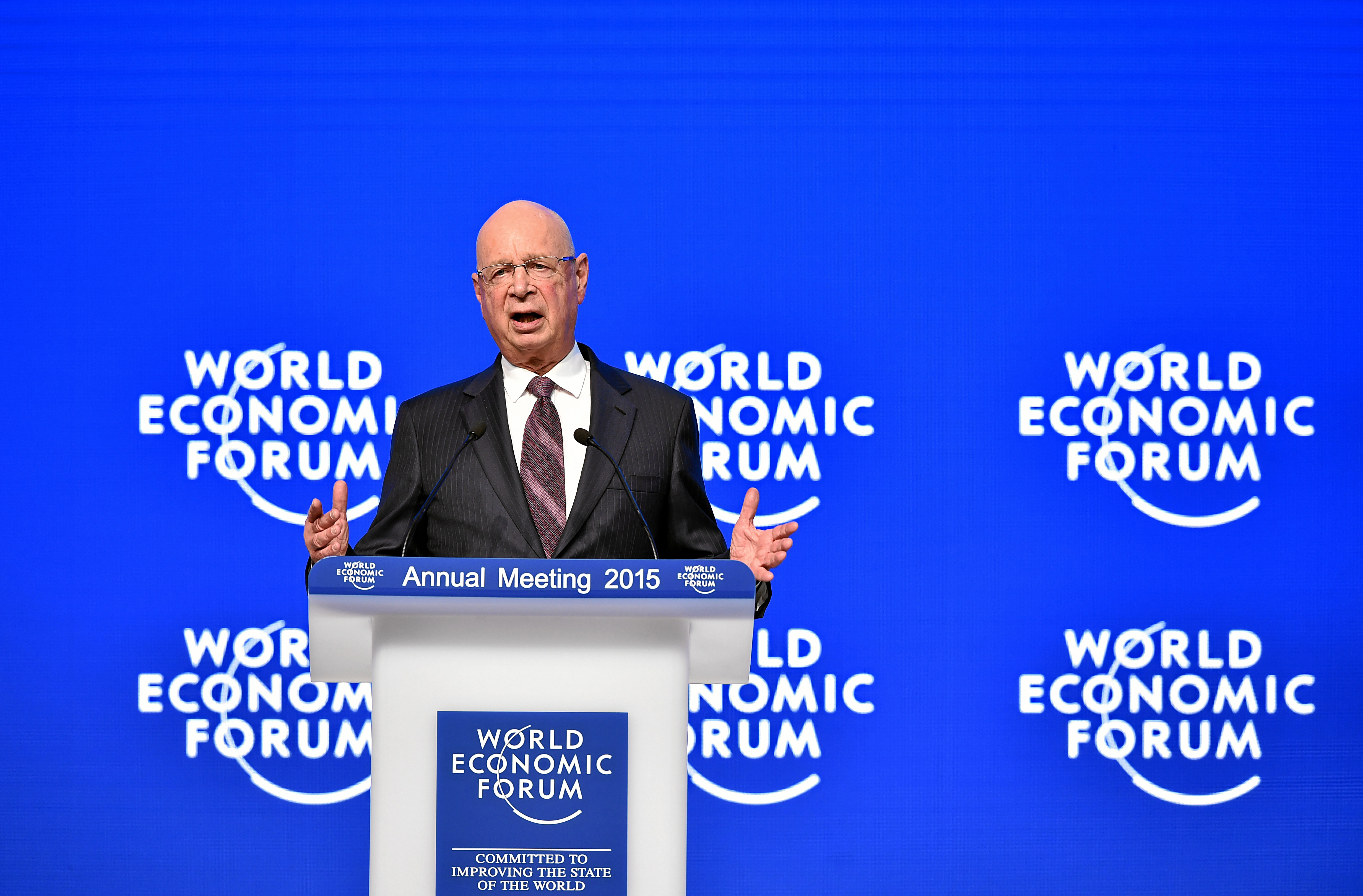The world is changing at an unprecedented pace with profound implications. In global governance, the balance of power between nation states and the international framework that managed it in the last century are frayed. The worst refugee crisis in living memory is just one reminder of how geostrategic competition, renewed regionalism and new antagonists are eroding global solidarity.
On the economic front, this century began with a global growth rate of roughly 5 percent whereby GDP doubled every 15 years and enabled billions of people to escape poverty in just one generation. In the aftermath of the global financial crisis, "normal growth" is expected to hover at around 3 percent, with considerable consequences for job creation and social inclusion as global GDP, in this new scenario, doubles only every 24 years.
Adding to a shared sense of uncertainty is the emergence of a fourth Industrial Revolution that is distinct in its transformation of entire systems of production, distribution and consumption as opposed to a product or an industry. Concern is growing about the effects of digital disintermediation, advanced robotics and the sharing economy on productivity growth, job creation and purchasing power. It is clear that the millennial generation will experience greater technological change over the next decade than the past 50 years, leaving no aspect of global society undisturbed. Scientific and technological breakthroughs — from artificial intelligence to precision medicine — are poised to transform our human identity. Therefore, leaders from all walks of life must prepare for a future of exponentially disruptive change.


















With your current subscription plan you can comment on stories. However, before writing your first comment, please create a display name in the Profile section of your subscriber account page.